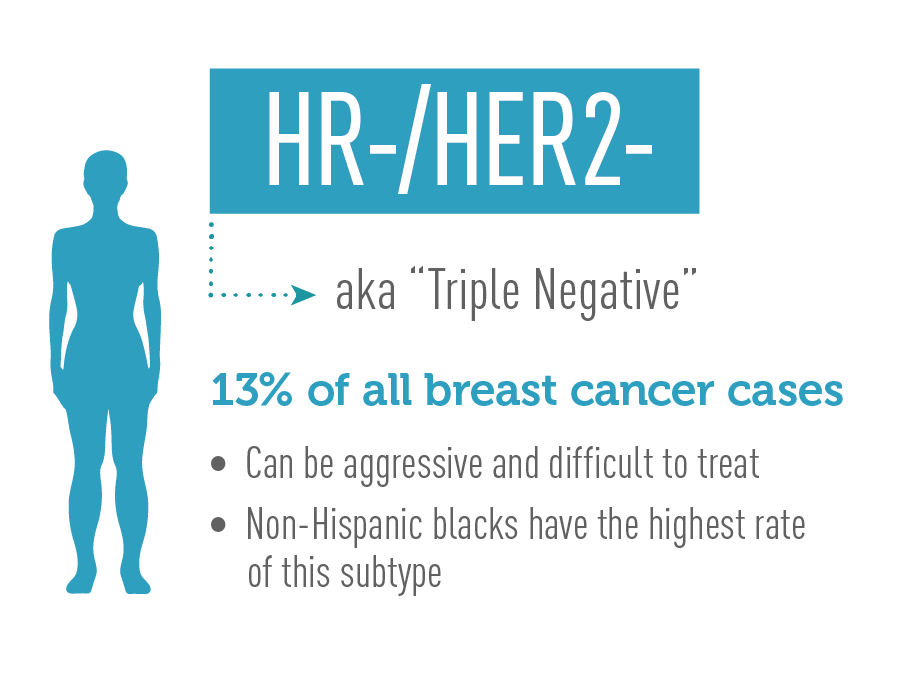In Triple-Negative Breast Cancer, Targeting an Addiction
, by NCI Staff
A new approach to disrupting genes that promote the development and spread of tumors may hold promise for treating an aggressive and difficult-to-treat type of breast cancer, according to results from a new study.
In the study, a drug that blocks the activity of an enzyme called CDK7 halted tumor cell proliferation in cell lines of triple-negative breast cancer, and shrank tumors in mouse models of this cancer type.
Unlike many so-called targeted therapies, the drug does not work by directly targeting cells with specific genetic alterations. Instead, the drug acts indirectly, through CDK7, to interfere with the expression of what the authors, Jean Zhao, Ph.D., of Dana-Farber Cancer Institute and her colleagues, called an “Achilles cluster” of genes—a group of genes on which the cancer cells are highly dependent.
The report was published September 24 in Cell.
The type of drug tested in the study, the researchers wrote, may represent an especially effective option for treating cancers such as triple-negative breast cancer that don’t appear to have individual “driver” genes.
Targeting Transcription
Triple-negative breast cancers, which represent approximately 13 percent of breast cancer cases, often return after initial treatment and are highly likely to spread. This type of breast cancer is more frequently diagnosed in African Americans and younger women than in other women.
In addition to being more aggressive than other breast cancer subtypes, triple-negative breast cancers are more challenging to treat. Because their growth is not fueled by hormones, for example, hormone therapies like tamoxifen and aromatase inhibitors are not useful in treating it.
And from a genetic standpoint, most triple-negative breast cancers bear little resemblance to each other. Although they often contain many genetic alterations, few if any of these are shared across all triple-negative breast cancers, and none appears to be primarily responsible for their growth and spread. So, unlike the case with HER2-positive breast cancers, individual driver genes for this cancer type that could potentially be targeted by specific therapies have yet to be identified.
But, Dr. Zhao and her colleagues explained, evidence from other studies indicated that many triple-negative tumors do consistently express a common group of genes that, collectively, appear to promote the development and spread of these cancers. The researchers hypothesized that maintaining the expression of this collection of genes would require continuous transcription—part of the process of decoding the instructions in genes—and that, consequently, triple-negative tumors may “be more sensitive to drugs that target transcription.”
Interfering with an Addiction
So the researchers tested a drug, THZ1, which targets a protein called CDK7, in a series of cell line and animal models of triple-negative breast cancer. CDK7 is a member of a family of enzymes known as cyclin-dependent kinases that help to control transcription.
In experiments on cell lines, THZ1 suppressed the proliferation of triple-negative breast cancer cells but had no effect on the proliferation of breast cancer cells that express hormone receptors, even though THZ1 blocked CDK7 activity in both cell lines. This finding indicates that the triple-negative cells “appear to be far more dependent on the activity of CDK7” than the hormone receptor-positive cells, the researchers wrote.
The drug also shrank tumors in several mouse models of triple-negative breast cancer, including tumors derived from tumor fragments from two patients with metastatic disease whose cancers had progressed after multiple lines of treatment.
Further studies in cell lines using gene-editing technologies to block CDK7 activity, including the CRISPR/Cas-9 system, provided additional confirmation that triple-negative cancer cells were highly dependent on—or “addicted” to—the gene cluster regulated by CDK7. However, the triple-negative cells were not addicted to genes regulated by other members of the CDK family, Dr. Zhao and her colleagues reported.
Previous studies have found that triple-negative breast cancer and aggressive forms of several other cancers, including ovarian and lung cancers, have similar expression patterns of genes in this Achilles cluster. As a result, they wrote, this treatment approach “may be applicable to other difficult-to-treat cancers.”
Promise and Caution
In addition to providing a target for treatment, the gene cluster could be a biomarker to identify patients who may be candidates for THZ1 or other CDK7-targeted drugs, wrote Hector L. Franco, Ph.D., and W. Lee Kraus, Ph.D., of the University of Texas Southwestern Medical Center, in an accompanying editorial.
“However, due to the universal role and biological importance of transcription in all cells, targeting transcription as a therapeutic strategy may be challenging due to the potential lack of selectivity for cancer cells over normal cells,” they cautioned. “Therefore, it is imperative to determine if the therapeutic window between efficacy and toxicity for malignant and non-malignant cells is large enough to produce a therapeutically efficacious effect.”
The study did not reveal evidence of any off-target effects, said study coauthor Daniel Stover, M.D., in an email. “However, off-target effects cannot be completely ruled out as this [agent] has not been tested in humans,” he cautioned. The research team is “hopeful” that they will be able to test CDK7-targeted agents in patients with triple-negative breast cancer, he added.
Syros Pharmaceuticals, a pharmaceutical company founded by study coauthors Nathanael Gray, Ph.D., and Richard Young, Ph.D., has licensed the rights from Dana-Farber to develop CDK7-targeted therapies.
